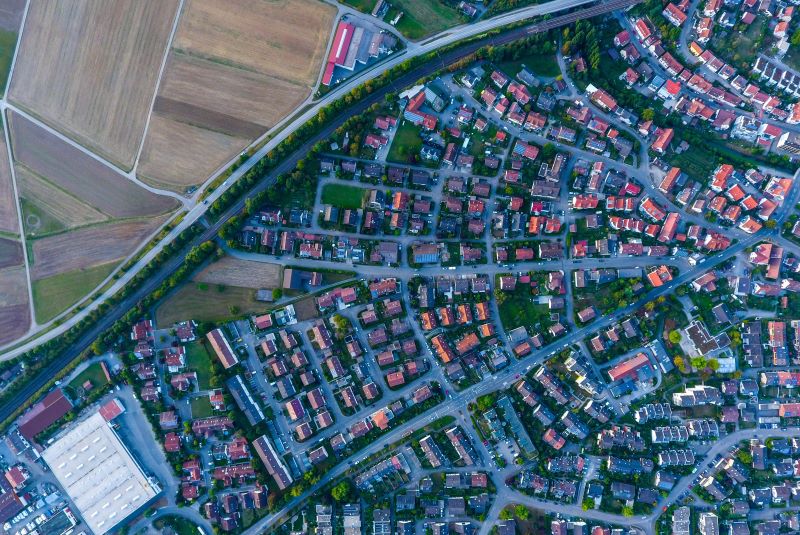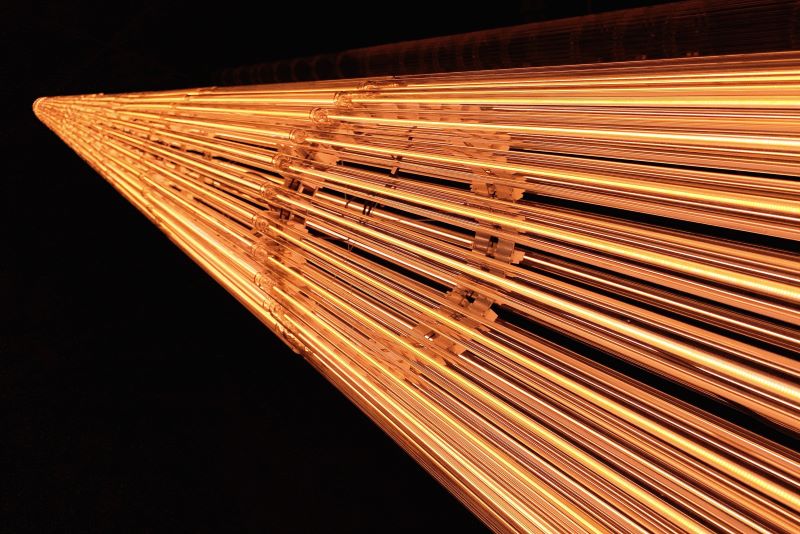Quantum sensors, which have demonstrated unmatched precision in measuring magnetic fields, gravity, and motion, hold immense promise for advancing defense capabilities. However, these sensors face significant challenges when deployed in real-world settings – especially when placed on moving platforms. Vibrations, electromagnetic interference, and other environmental disturbances degrade their performance, limiting their operational utility. Current solutions, such as isolating the sensors or using bulky shielding, are impractical for widespread deployment.
To address these barriers, DARPA is launching the Robust Quantum Sensors (RoQS) program. RoQS will seek to develop quantum sensors that are inherently resistant to environmental disruptions, ensuring they can operate reliably outside of a laboratory without sacrificing their sensitivity. The ultimate goal of the program is to integrate these sensors into Department of Defense platforms.
RoQS emphasizes early collaboration between sensor developers and platform makers within the defense industrial base to streamline the transition from research to operational deployment. By fostering these partnerships early on, DARPA aims to ensure that the developed technologies meet real-world requirements and can be seamlessly integrated into existing systems – significantly reducing the time and resources needed to harden and deploy quantum sensors.
“Quantum sensors have the potential to redefine how we gather critical information in defense scenarios,” said Dr. Jonathan Hoffman, program manager in DARPA’s Microsystems Technology Office. “However, their fragility has been a major barrier to deployment. With RoQS, we’re taking a bold step toward creating sensors that are not only extremely precise but also resilient in the face of real-world challenges.”
The RoQS program is designed to tackle the problem of sensor fragility at its core. Instead of relying on bulky shielding or isolation techniques that are impractical for widespread use, RoQS will explore new approaches to sensor design and architecture. Potential approaches include:
- Engineering sensor architectures that can suppress environmental disturbances.
- Developing compact arrays that differentiate between noise and meaningful signals.
- Exploring advanced atomic systems for greater stability under dynamic conditions.
Interested organizations are invited to submit abstracts by Feb. 20, 2025, at 4 p.m. ET. Full proposals are due by March 31, 2025, at 4 p.m. ET.
The program solicitation and additional information available can be found on the RoQS program page.
Source: DARPA
IC News brings you business opportunities like this one each week. If you find value in our work, please consider supporting IC News with a subscription.









